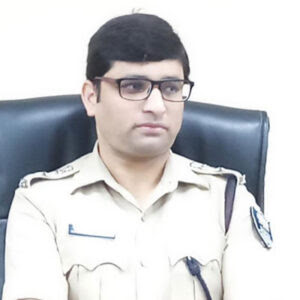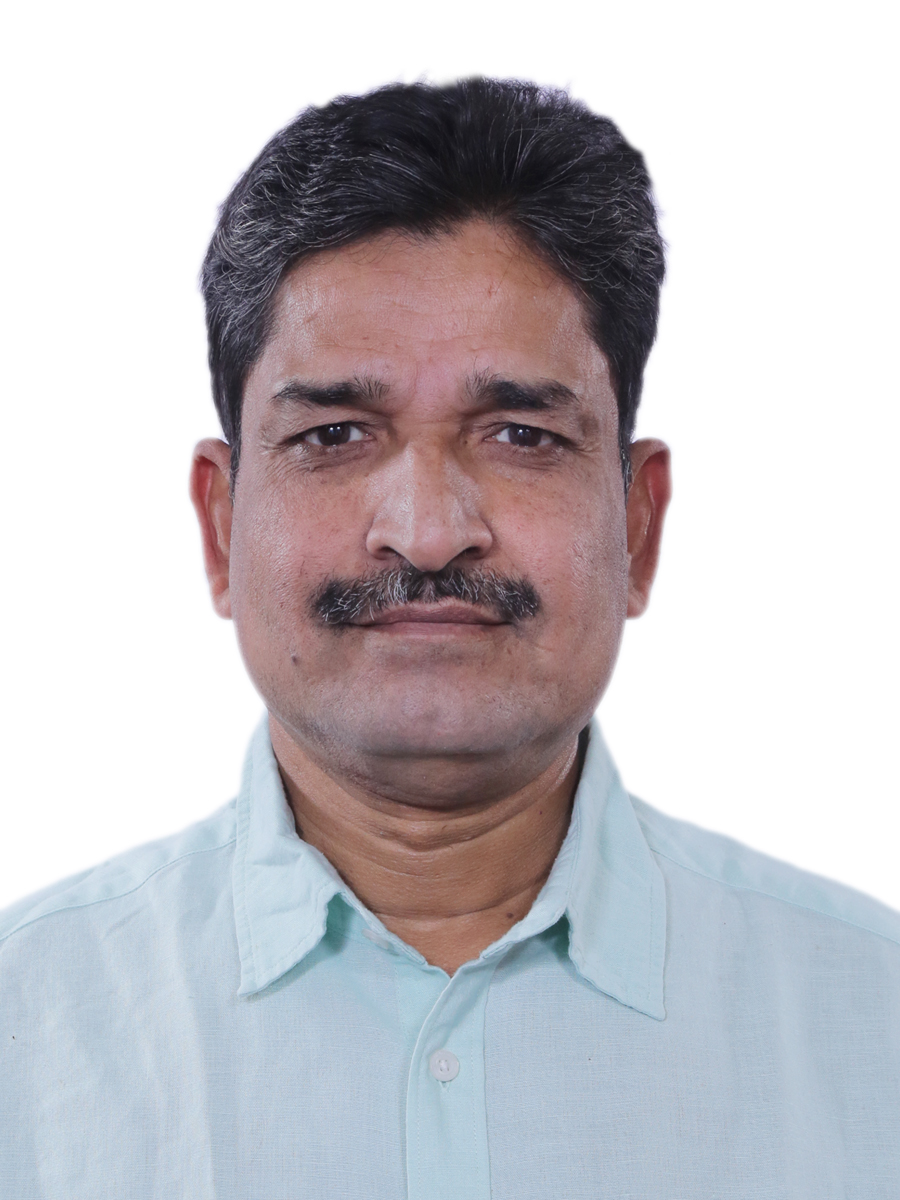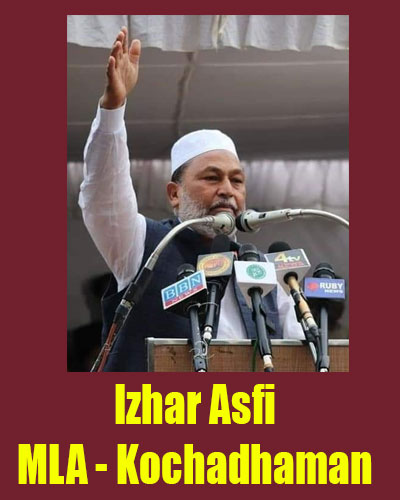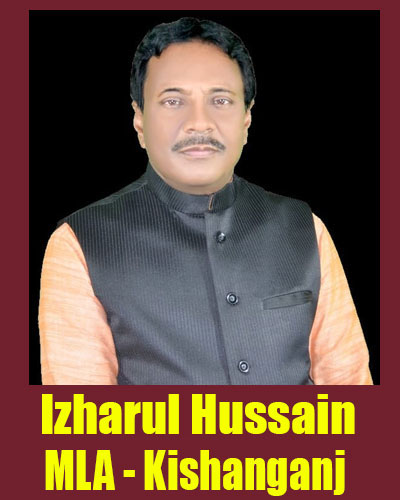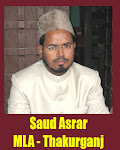Zafar Anjum - a Singapore based writer / journalist hails from Kishanganj district of Bihar and penned down many books. Singapore-based journalist, writer and filmmaker Zafar Anjum has been published in India, the US, the UK, Singapore and other countries. His most recent works include a work of non-fiction, The Resurgence of Satyam (Random House India, 2012) and a collection of short stories, The Singapore Decalogue - Episodes in the Life of a Foreign Talent (Red Wheelbarrow Books, Singapore, 2012).
 |
| Zafar Anjum |
Ziya-us-Salam, Deputy Editor, The Hindu has critically analysed "Iqbal" the new book of Zafar Anjum. Below is the review published in Metro Plus, The Hindu on September 27, 2014.
For many years, my wife used to leave me speechless with her ability to recite Urdu couplets on demand. Standing in the kitchen, watching television, answering the phone, she had a couplet for each occasion.
With my elementary skills in the language, I could not aspire to match her talent. Whenever I talked of the kalaam of say, Gulzar, Javed Akhtar or Qateel Shifai, she would trump me with ease by reciting a better couplet on similar lines by Ghalib, Mir, Josh or Iqbal.
Day in and day out, I came second in a literary soiree with my shareek-e-hayat. It seemed destined to last a lifetime.
Then one day, just that one day, I pulled off a Zimbabwe on her Australia. As she sat all by herself at home, her eyes were moist. She apparently had one battle too many in her office and seemed ready to throw in the towel after all her work had failed to get the desired recognition. I urged her not to give up the fight, try to do even better. In vain.
Then in a moment of divine intervention, I quoted Allama Mohammad Iqbal, “Khudi ko kar buland itna ke har taqdeer se pehle Khuda bande se khud pooche bata teri raza kya hai.”
Her sorrow disappeared in a minute. “Kiska hai?” she asked me. Iqbal, more than 60 years after his death, had helped me cheer up my spouse. I could finally quote a couplet she had not heard of!
On another occasion, Iqbal came to my rescue. Some right-wing fringe elements stood exultant at a central Delhi theatre after watching the first day-first show of Anil Sharma’s Gadar — as jingoistic a film as Hindi cinema has ever dished out. Cries of “Jai mata di” rent the air after the screening. The security personnel’s pleas to maintain decorum were ignored and one of the men blurted out, “Jai mata di”, adding, “Ajee saare jahan se achcha Hindustan hamara…
maaro…Pakistaniyon ko.”
Stunned, I mustered all my courage and shouted back, “Do you know who has written ‘Saare jahan se achcha’?” There was stunned silence. “It was Mohammad Iqbal,” I said in a tone considerably mellower. The crowd dispersed with some mumbling, “Jo bhi ho, ‘Saare jahan se achcha Hindustan hamara’ likha to ek Hindustani ne hi hai”. Iqbal had yet again helped calm frayed nerves.
On such experiences is built my treasure of Iqbal moments. The trove just got richer when I got a copy of the absolutely fascinating biography “Iqbal: The Life of a Poet, Philosopher and Politician” by Zafar Anjum. I had read Zafar’s “The Resurgence of Satyam” earlier, but honestly, did not for a minute suspect him of having the skills, the patience to pen a meticulously researched volume on Iqbal, a man to whom we as a nation have done little justice.
For some, he belongs to Pakistan as our neighbours consider him the spiritual father of their nation. Interestingly, Iqbal had passed away almost a decade before Pakistan came into being. For others, his best work came in Persian, a language no longer heard that often in the subcontinent. Never mind that he did not ever go to Iran yet got maximum following in that country. Then there are those who lay stock by his poetry that not only draws its inspiration from the Glorious Quran but also gives an explanation for many of the verses.
In Pakistan, for long years, Dr. Israr Ahmed, founder of Tanzeem, quoted Iqbal in his talks. He, in fact, based his definition of materialism as a grave sin of modern times largely on Iqbal’s concept. Iqbal’s idea of ‘khudi’, or self, inspired millions. Akin to German philosopher Neitzsche, he rejected the idea of weakness and urged man to overcome all odds with his willpower.
Indeed, Iqbal was a genius without a parallel, a die-hard nationalist who, over time, transformed into an internationalist, a man once won over by the West who went on to be at the head of Eastern revivalism. Yet for a young man or woman growing up in 2014, Iqbal remains a mystery with most having nothing more than a passing acquaintance with his works. For entirely non-literary reasons, he has been denied a place in the pantheon of modern Indian giants.
Through a systematic approach, using a technique similar to that of a labourer building a skyscraper, brick by brick, Zafar, shows the real poet, the real philosopher, the politician. As said in the introduction, “Europe infused Iqbal’s life with a singular mission – to revive the dynamism of Islam to save humanity from the ills of materialism. A transformed Iqbal stopped considering himself a poet; to his mind, he became a messenger who used poetry to awaken humanity, especially Muslims, to its ills.”
On his philosophy, his internationalism, his relationship with God, passionate debates take place across the world. What is not as freely approached is his politics. Zafar though covers this gap with great zeal, even talking of Iqbal’s correspondence with Jinnah, where he calls the latter the tallest Muslim leader of the country.
As for me, I get a chance to resume my soiree competition at home, undoubtedly better armed following this date with Iqbal.
The author is a seasoned literary critic.

